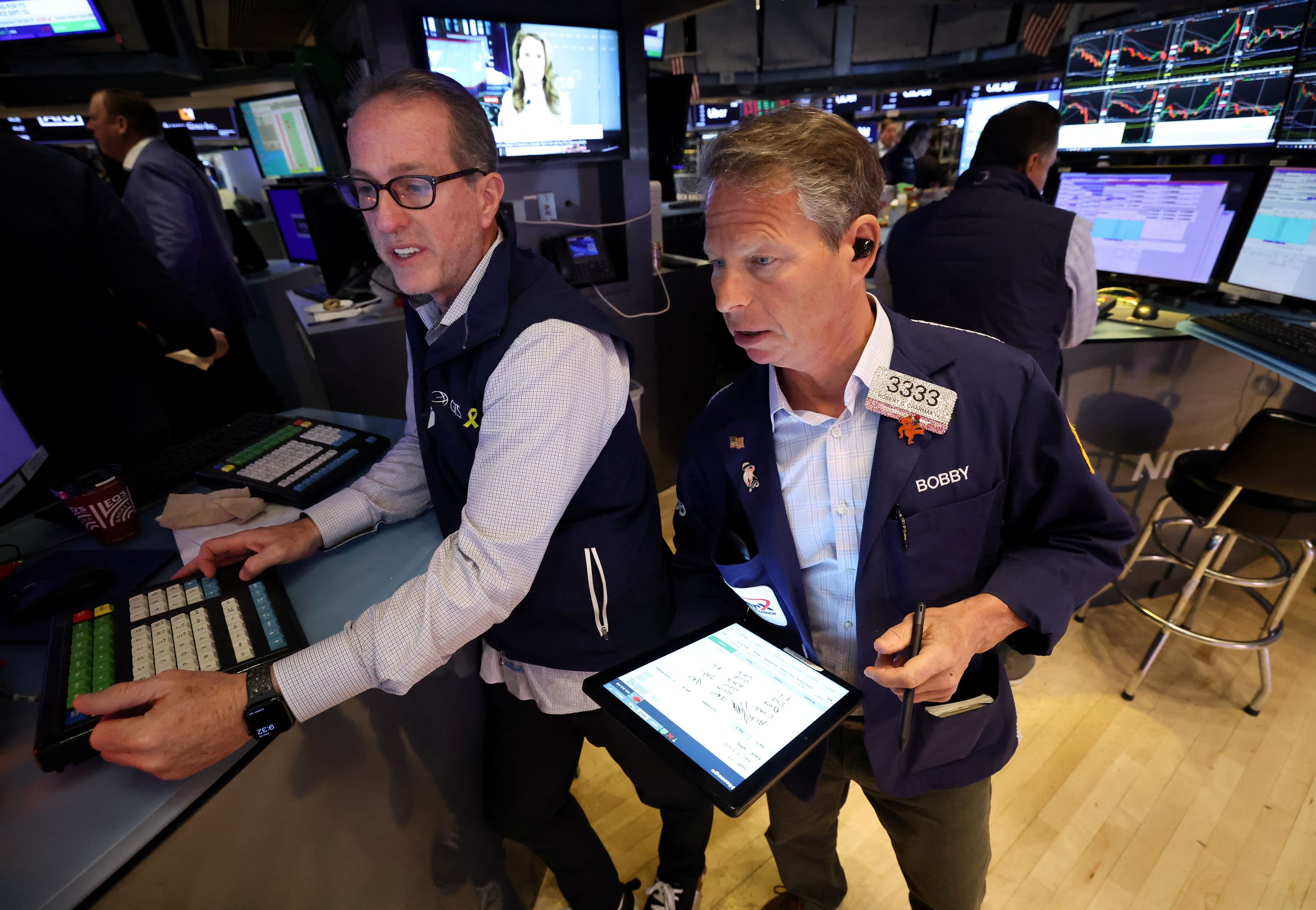
Recent tariff negotiations between the U.S. and global trading partners are creating unexpected vulnerabilities for individual stocks, as demonstrated by recent market events.
The market's initial reaction to President Donald Trump's April 2 tariff announcement has settled, but individual stocks remain exposed to potential trade war impacts. While major import levies are temporarily paused until July, the lack of concrete trade deals leaves many companies in uncertain territory.
"We don't really have any outcome yet to these tariff negotiations," notes Scott Welch, chief investment officer of Certuity. "The administration claims that it's very close to signing new trade deals with something like 15 countries, but we don't have any of those yet."
The broad scope of negotiations, which could include everything from natural gas projects to TikTok sales, makes it challenging to predict which stocks might face sudden swings. This unpredictability was highlighted when Nvidia recently took a $5.5 billion charge related to export restrictions on H20 processors, causing their stock to drop nearly 10% over two days.
The earnings season adds another layer of complexity as companies struggle to provide clear guidance amid trade uncertainties. Some businesses may follow United Airlines' approach of offering multiple forecasts, while others might avoid making projections altogether.
Recent market data suggests investors are particularly sensitive to negative earnings revisions. According to Trivariate Research CEO Adam Parker, the market's response to downward revisions has been notably severe, ranking in the 4th percentile of penalties over the past 25 years.
Adding to these concerns, global investors appear to be reducing their U.S. asset holdings, creating additional downward pressure on stocks. The stop-start nature of trade negotiations may keep retail investors engaged but hasn't prevented international investors from selling positions in major tech stocks.
As negotiations continue without clear resolutions, investors face the challenge of identifying potential trade-related risks in their portfolios, even in seemingly unrelated sectors.